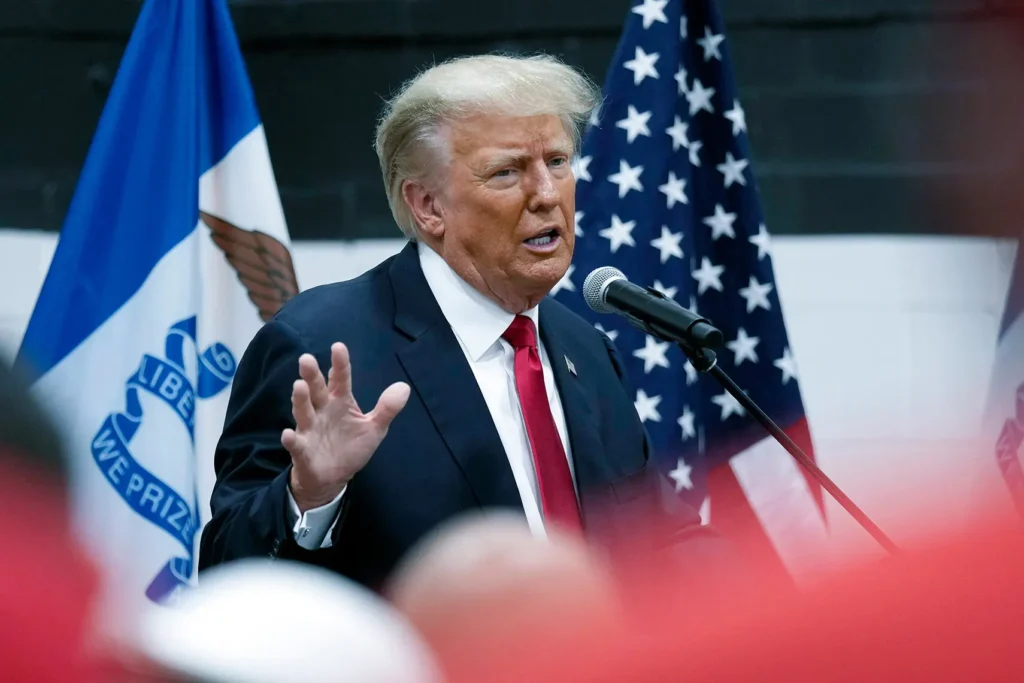President Donald Trump said he signed a bill authorizing the release of files related to the deceased convicted sex offender Jeffrey Epstein, in a social media post late Wednesday.
Trump’s signature gives Attorney General Pam Bondi 30 days to release unclassified documents related to Epstein and his associate Ghislaine Maxwell. The disclosure bill was passed in Congress earlier this week after the House and Senate both agreed to support the measure.
In a reversal of his previous stance, Trump urged House Republicans to vote for the release of the files “because we have nothing to hide,” in a Truth Social post over the weekend. He had spent several months trying to dissuade Republicans from supporting the measure.
Where Trump and the Late Dick Cheney Would Agree
Former President George W. Bush Jr is scheduled to speak Thursday morning at the funeral for his vice president, the late Dick Cheney, who died on Nov. 3. The event will undoubtedly be seen in some corners as a rebuke to the current president, who was no fan of Cheney’s. But on at least one key economic issue, there is more continuity than meets the eye between the the former VP and President Donald Trump.
We will leave a detailed dissection of Cheney’s views and actions to other outlets, but suffice to say there has been little love lost between his corner of the party and the current first family. Trump ran in 2016 as a rejection of Cheney’s involvement in the war in Iraq. After taking office Trump engaged in a bitter feud with Cheney’s daughter, former Rep. Liz Cheney, who was vice of the congressional Jan. 6 Committee that looked at the storming of the U.S. Capitol.
Trump’s 2024 election win marked a decisive victory over the Cheney side of party. But when it comes to tariffs, Trump has continued rather than overturned Cheney’s legacy.
Bush promised to govern as a free trader, and is largely remembered in those terms. But he would not have won in 2000 without a crucial promise made by Cheney on the eve of the election to protect West Virginia and Pennsylvania steelworkers more than the Democrats had. That was a notable departure from the largely pro-trade policies endorsed by past Republican presidents.
Bush followed through in office by imposing steel tariffs. That set off an escalating fight with Democrats over who could promise more protection to workers. It culminated in the blanket tariffs Trump imposed starting in April.
Today there is not only little debate among elected Republicans about tariffs, but Democrats are getting on board too. “Tariffs, once they’re put on, are hard to take off,” former Commerce Secretary Gina Raimondo said at an event on Wednesday. That is because “tariffs protect the American worker,” she said. Raimondo is seen as a potential 2028 presidential candidate for the Democrats.
Trump isn’t expected to attend Cheney’s funeral. But on that one issue, at least, the former VP may have the last word.


